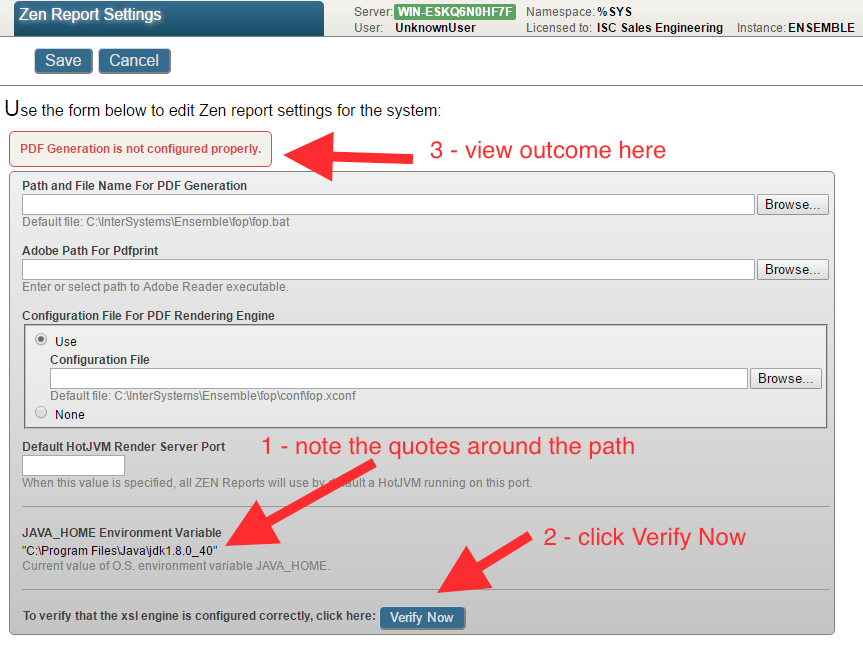Hello,
I'm trying to set up an Apache server using CSP Gateway on Windows 10 (64-bit), but am getting the error "Cannot load c:/InterSystems/IRIS_2019/CSP/bin/CSPa24.dll into server: %1 is not a valid Win32 application" when attempting to start up httpd.exe after adding the CSP-specific section to httpd.conf.
The CSP gateway is 64-bit (CSPGateway-2018.1.1.643.0-win_x64) and so is the Apache install (httpd-2.4.38-o102q-x64-vc14).
The CSPa24.dll file does exist in the specified location.
Any suggestions appreciated.
Thank you,
Olga

.png)

 (*)
(*)